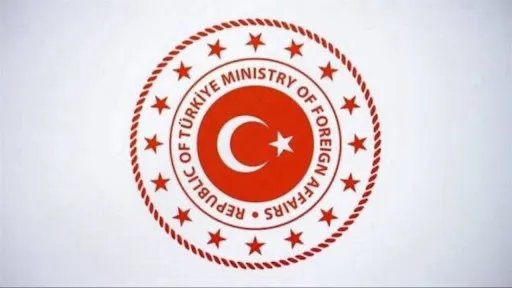Israeli fighter jets struck targets near Syria’s presidential palace early Friday, in a provocative escalation that followed an important agreement between the Syrian government and Druze leaders in the Damascus suburb of Jaramana to restore security and disarm local groups.
The strikes—Israel’s second in Syria this week—hit close to the People’s Palace, a symbolic seat of power for Syria’s newly formed administration under President Ahmed al Sharaa. The attack came just hours after Syrian authorities concluded a critical deal with Druze representatives aimed at reinforcing state control and avoiding further sectarian clashes that had erupted earlier in the week.
Syria’s Information Ministry said 11 members of the country’s security forces were killed in two separate attacks.
Israel framed its aggression as a protective gesture toward Druze communities in southern Syria, citing concerns over their safety. But Damascus sees the timing as a deliberate move to undermine national reconciliation efforts and assert dominance in a region where Israeli forces have occupied parts of Syria’s demilitarised buffer zone since late 2024.
“This is a clear message to the Syrian regime,” Israeli Prime Minister Benjamin Netanyahu and Defence Minister Israel Katz declared in a joint statement, threatening further intervention if Syrian forces move southward.

However, Syrian officials view Israel’s narrative as a smokescreen for deeper strategic aims. “Israel continues to violate Syria’s sovereignty under the guise of protecting minorities,” a government spokesperson said, adding that Damascus was already working closely with local Druze leaders to stabilise the region.
Earlier on Thursday, Druze elders and government representatives in Jaramana agreed to a comprehensive security package. The deal includes handing over heavy weapons to the state, deploying interior ministry forces, and establishing new checkpoints to protect civilians—all steps welcomed by both community leaders and the central government as a path toward national unity.
Druze spiritual figures also publicly rejected separatist agendas, affirming their loyalty to a unified Syrian state. “We reject any division or foreign meddling in our internal affairs,” read a statement from Suwayda Governorate, where a large portion of Syria’s Druze population resides.
Analysts say Israel's airstrikes serve to disrupt Syria’s efforts to consolidate internal stability and project strength following years of conflict. Damascus contends that Tel Aviv is exploiting minority concerns to justify military aggression and prolong occupation in southern Syria, particularly in the Golan Heights.
While Israel insists on defending Druze interests, it continues to ignore the political agency of Syria's own Druze citizens, many of whom support the state's sovereignty and reject foreign intervention.
The Israeli air raids also come amid growing regional criticism of Tel Aviv’s destabilising role in neighbouring countries and regions, including Lebanon and Gaza, raising further questions about the legitimacy of its military campaigns beyond its borders.















